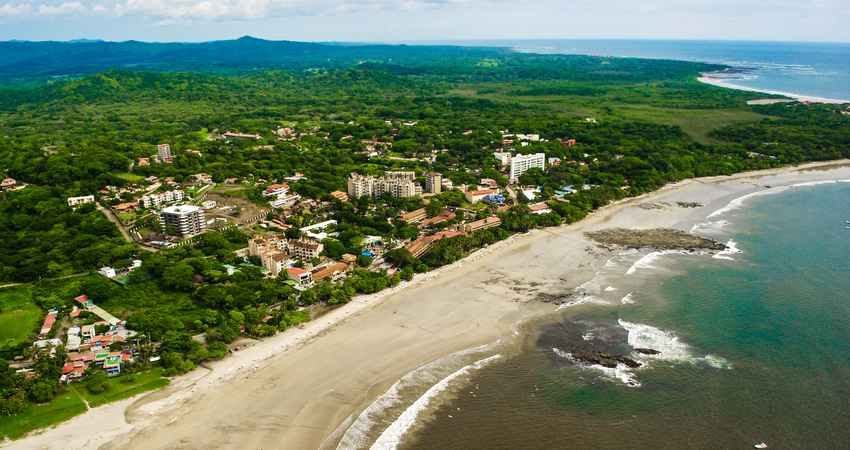Understanding Offshore “Black” and “Grey” Lists: A Simple Guide
When you hear about “offshore” finance, you might also hear terms like “black lists” and “grey lists.” These lists, maintained by international organizations like the OECD (Organisation for Economic Co-operation and Development) and the EU (European Union), are essentially watchlists for countries and jurisdictions that aren’t playing ball when it comes to tax transparency and fair tax practices. They’re designed to encourage these jurisdictions to improve their standards and cooperate with international efforts to combat tax evasion, money laundering, and other illicit financial activities.
What are “Black Lists”?
Think of the “black list” as the “naughty list.” It includes jurisdictions that are considered uncooperative and non-compliant with international tax standards. These jurisdictions typically:
- Lack transparency: They don’t readily share financial information with other countries.
- Have weak regulations: Their laws and regulations make it easy for individuals and companies to hide assets and avoid taxes.
- Don’t cooperate: They refuse to engage in meaningful dialogue or implement reforms requested by international bodies.
Consequences of Being on the Black List:
Being on the black list can have serious consequences for a jurisdiction, including:
- Reputational damage: It signals to the world that the jurisdiction is a risky place to do business.
- Economic sanctions: Other countries may impose sanctions, such as restrictions on financial transactions or trade.
- Increased scrutiny: Businesses and individuals dealing with entities in blacklisted jurisdictions face increased scrutiny from regulators and financial institutions.
What are “Grey Lists”?
The “grey list” is more like a “needs improvement” list. It includes jurisdictions that have committed to improving their tax transparency and compliance but haven’t yet fully implemented the necessary reforms. These jurisdictions are essentially under observation.
- Committed to reform: They’ve made promises to change their laws and practices.
- Working towards compliance: They’re in the process of implementing the necessary reforms.
- Under monitoring: International organizations are monitoring their progress.
Consequences of Being on the Grey List:
While not as severe as being on the black list, being on the grey list still carries risks:
Reputational risk: It can still damage a jurisdiction’s reputation and make it less attractive to investors.
- Increased pressure: It puts pressure on the jurisdiction to implement reforms quickly and effectively.
- Potential for blacklisting: If a jurisdiction fails to make sufficient progress, it could be moved to the black list.
Why Should You Care?
Even if you’re not involved in offshore finance directly, these lists can affect you:
Investment decisions: If you’re investing internationally, you should be aware of the risks associated with jurisdictions on these lists.
- Business dealings: If you’re doing business with companies based in these jurisdictions, you may face increased scrutiny.
- Global economy: These lists are part of a broader effort to create a fairer and more transparent global financial system, which benefits everyone.
In Summary:
Offshore “black” and “grey” lists are tools used by international organizations to promote tax transparency and combat illicit financial activities. They identify jurisdictions that are either uncooperative (black list) or committed to improving their standards (grey list). Understanding these lists is important for anyone involved in international finance or business.
******
If you wish to register a company in Offshore our team will be happy to help you there and provide you with more detailed information, you can contact us at [email protected]

Offshore
Related page:


